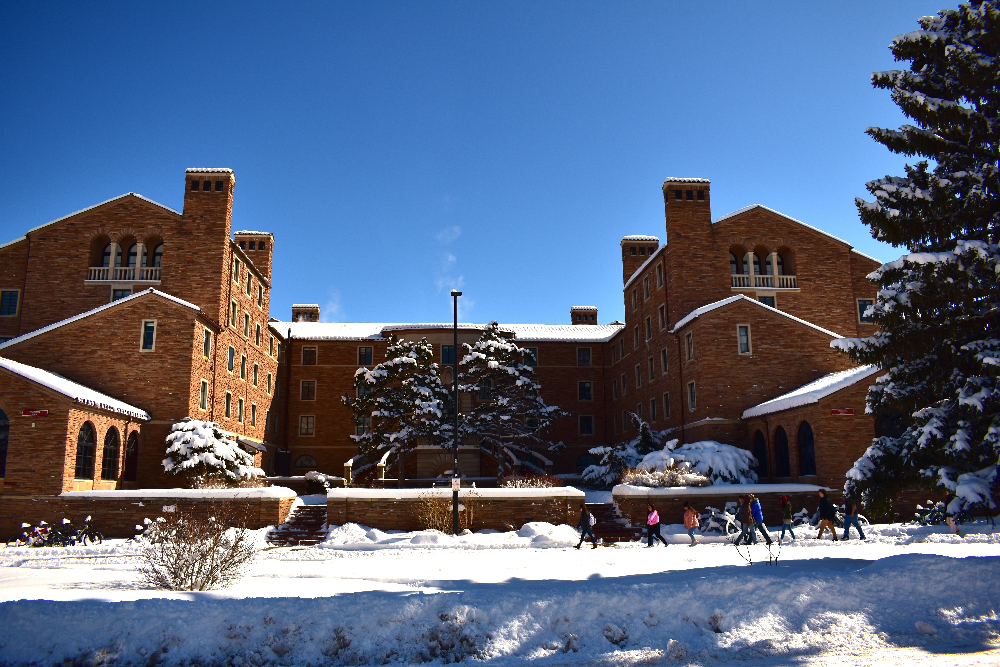
The University of Colorado is ending its controversial relationship with PointsBet in the wake of a new American Gaming Association (AGA) code that bans sportsbooks from partnering with colleges and universities. CU’s break with PointsBet is particularly significant as it was the first US university to enter into a sponsorship deal with a sports betting operator.
CU and PointsBet first partnered back in September of 2020 in a deal that became pretty standard in the industry. In exchange for allowing in-stadium promotions and other marketing benefits, PointsBet paid CU $1.6 million and $30 for every new signup made using their promotional code.
That deal came into jeopardy this week when the AGA updated its Responsible Code for Sports Betting to include a ban on sportsbook/university partnerships. The AGA also banned sportsbooks from entering into name, image, likeness (NIL) deals with college athletes. Critics have accused the gaming industry of taking advantage of vulnerable young players through the deals.
PointsBet and CU announced the dissolution of their partnership in a joint statement reported on by Westword that read, “PointsBet and the University of Colorado have decided it is mutually beneficial to end their partnership at this time. Both parties are thankful for the joint efforts throughout the relationship and wish the best for each organization going forward.”
Though neither CU nor PointsBet publicly acknowledged the AGA’s code update, it’s clear that was a factor in the breakup. (PointsBet isn’t even an AGA member.) Another factor that likely motivated the break could be CU’s recent rise in the college football world since hiring former NFL great Deon Sanders as its head coach. Since Sanders’ arrival, CU has seen a flood of new, high profile recruits that have greatly elevated the team’s national profile. Perhaps CU, which won only one game last season, simply didn’t need PointsBet anymore.
College/sportsbook partnerships are already barred in eleven states, though there wasn’t any talk of such a ban in Colorado before the AGA updated its code.